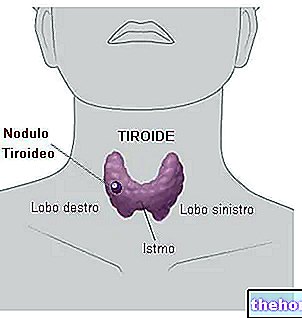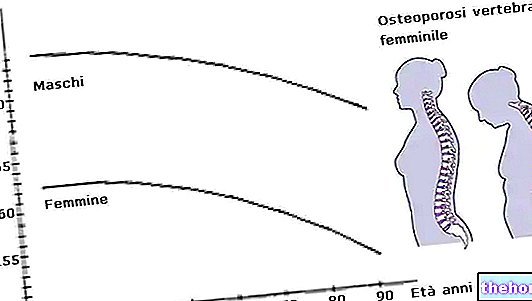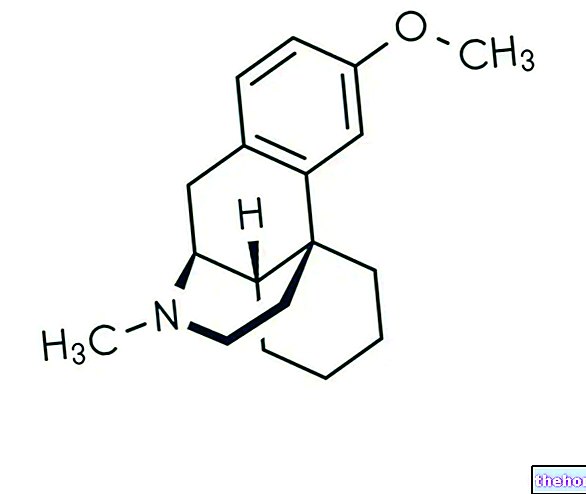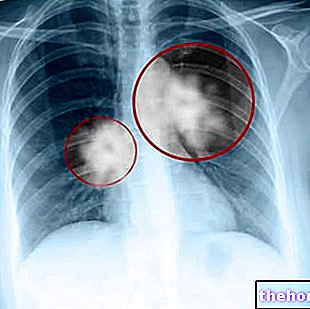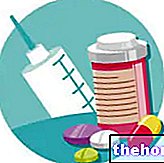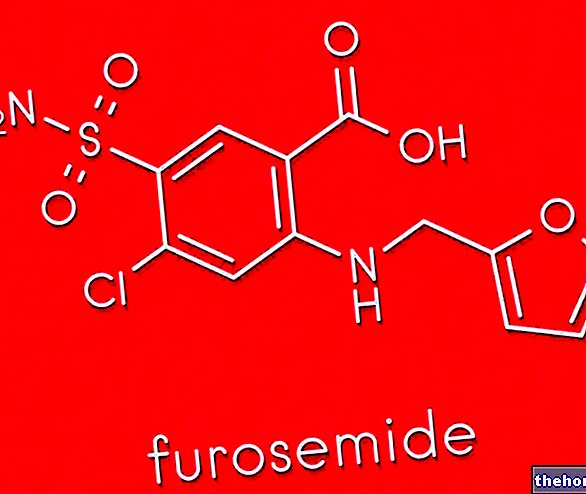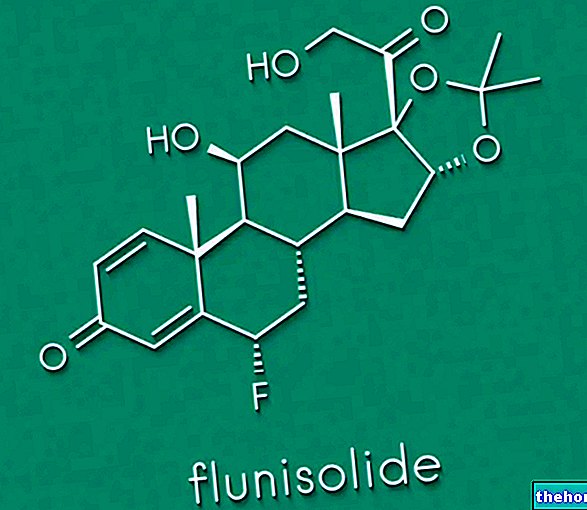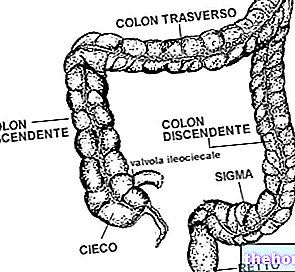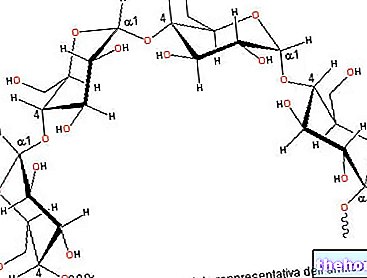
Cortisol is physiologically released in compliance with a circadian cycle (during the diurnal phase). The level peaks early in the morning (around 8:00 am) and reaches its lowest level between 00:00 and 4:00, or three to five hours after sleep begins.
Its levels can increase in response to hypoglycemia, physical motor activity (sports) and psychophysical stress. With regard to this last predisposing factor, cortisol is widely known as the "stress hormone".
But be careful not to confuse the fluctuations that can be observed in response to psychophysical stress with real pathologies.
Moreover, not everyone knows that, if on the one hand too much cortisol can be unquestionably harmful to the organism, on the other hand also an "underproduction" can have uncomfortable effects. In fact, normal levels of cortisol are still necessary for the proper functioning of the entire human-machine.
For further information: Cortisol general:
- In conditions of premature fasting it shows the ability to implement gluconeogenesis and glycogenolysis, exerting a hyperglycemic action similar - or, in some cases complementary - to that of glucagon, catecholamines and GH, and counteracting insulin. On the other hand, in late fasting, it could stimulate hepatic glycogenosynthesis (saving action);
- While increasing glycemic levels, cortisol promotes the saving of blood glucose - probably to the advantage of the nervous system - by reducing peripheral consumption due to insulin resistance. As we said in the previous point, any excess glucose would be recovered by the liver by synthesizing glycogen;
- Furthermore, cortisol is able to suppress the immune system, which is extremely useful in the fight against inflammation; not for nothing, that of cortisone (hydrocortisone) is a very powerful class of steroidal anti-inflammatory drugs;
- Cortisol also regulates the metabolism of fats and proteins, most often acting as a lytic. Excessively high and prolonged levels can reduce the muscle uptake of amino acids, facilitate proteolysis and inhibit proteosynthesis in the same tissue, and promote adipose lipolysis - even if in some conditions this last effect can be even inverse;
- It is involved in the management of fat stores, emphasizing the android-type deposit;
- It seems to inhibit ossification and collagen synthesis, which is why cortisone therapies and probably hypercortisolism may be implicated in the rarefaction of the skeleton - which we know to facilitate pathologies such as osteoporosis - and tissue degeneration;
- Increases the rate of renal filtration and the excretion of phosphate and potassium, the retention of sodium and water;
- Increases the absorption of sodium and water and the excretion of potassium in the intestine;
- Increases the production of hydrochloric acid in the stomach;
- In synergy with adrenaline (epinephrine), it works to create memories of short-term emotional events.



